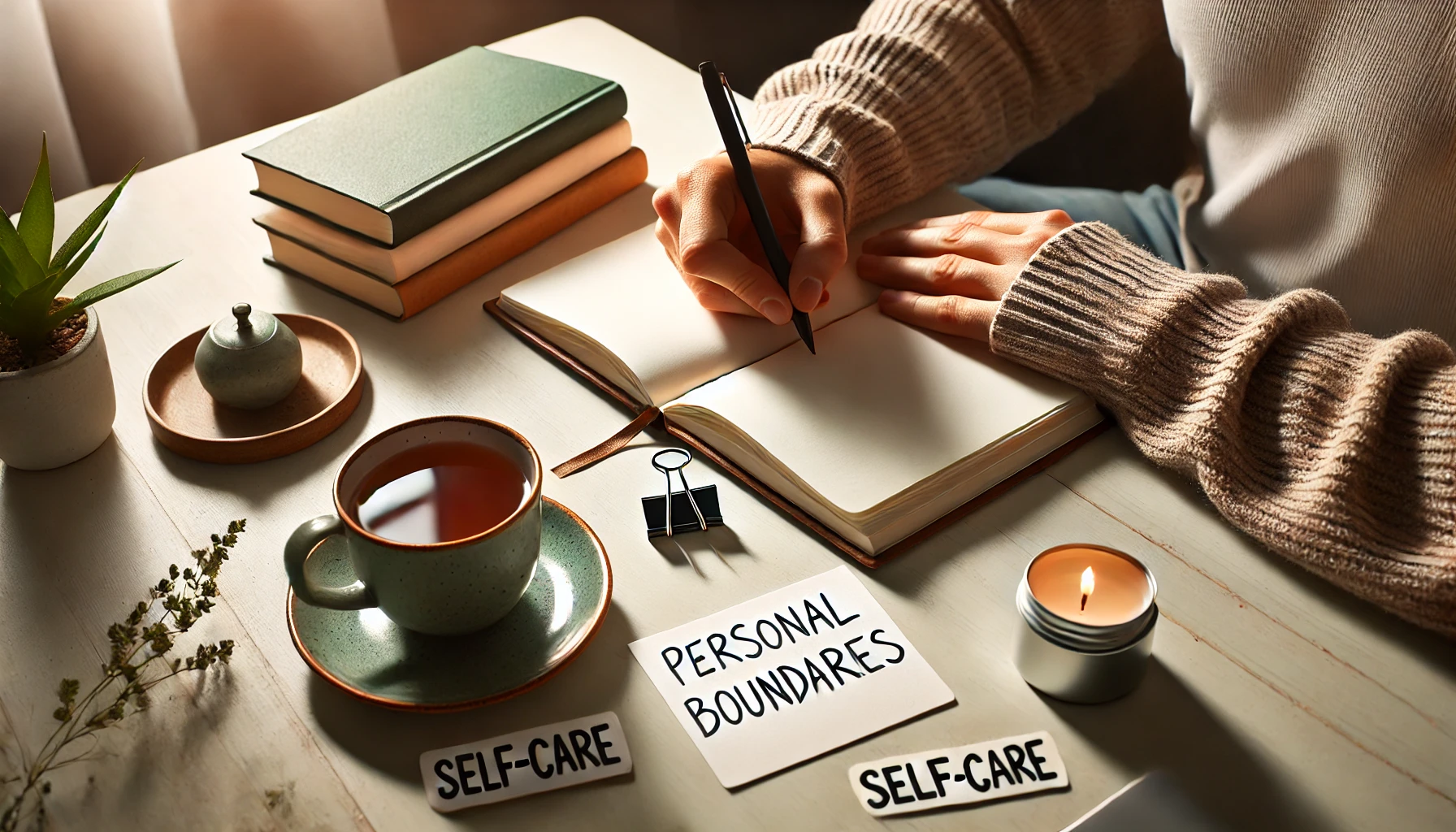Healthy boundaries are essential for maintaining respectful and fulfilling relationships. Whether in friendships, family dynamics, romantic partnerships, or professional settings, clear boundaries help protect emotional well-being and foster mutual respect. In this article, we’ll explore the importance of boundaries and practical steps to establish them.
1. What Are Healthy Boundaries?
Boundaries define what is acceptable and what is not in a relationship.
Types of boundaries:
- Emotional boundaries – Protect personal feelings and mental space.
- Physical boundaries – Respect personal space and comfort levels.
- Time boundaries – Set limits on availability and personal time.
- Work boundaries – Separate professional and personal life.
Healthy boundaries create a sense of safety and balance.
2. Why Boundaries Are Important
Without clear boundaries, relationships can become stressful or unbalanced.
Benefits of setting boundaries:
- Reduces stress and emotional exhaustion.
- Encourages mutual respect and understanding.
- Strengthens self-confidence and personal identity.
Boundaries protect energy, time, and mental health.
3. Identify Where You Need Boundaries
Reflect on relationships where you feel drained or uncomfortable.
Signs you need stronger boundaries:
- Feeling guilty for saying no.
- Constantly putting others’ needs before your own.
- Experiencing stress from overcommitment.
Awareness is the first step in establishing healthier interactions.
4. Learn to Say No Without Guilt
Saying no is an essential part of maintaining boundaries.
How to say no effectively:
- Be clear and direct – “I can’t take on extra work right now.”
- Offer an alternative (if necessary) – “I can help next week instead.”
- Avoid over-explaining – A simple no is enough.
Saying no allows you to prioritize your well-being.
5. Communicate Boundaries Clearly
People can’t respect boundaries they don’t know exist.
How to set boundaries in conversations:
- Use “I” statements – “I need time for myself on weekends.”
- Be assertive but respectful – “I appreciate your help, but I need space.”
- Reinforce boundaries consistently – Don’t make exceptions out of guilt.
Clear communication prevents misunderstandings.
6. Enforce Boundaries with Actions
If someone repeatedly disrespects a boundary, action is necessary.
How to uphold boundaries:
- Follow through with consequences – “If this continues, I will need to step back.”
- Limit interactions with people who disregard your needs.
- Be firm, even if others push back or react negatively.
Respecting your own boundaries teaches others to do the same.
7. Set Boundaries in Digital Communication
Technology can blur personal and professional boundaries.
Ways to set digital limits:
- Turn off notifications after work hours.
- Limit social media engagement that drains energy.
- Communicate response time expectations for emails or messages.
Digital boundaries prevent burnout and improve focus.
8. Establish Boundaries in Romantic Relationships
Healthy relationships thrive on mutual respect and personal space.
Essential relationship boundaries:
- Respect individual time and hobbies.
- Communicate needs and expectations clearly.
- Avoid toxic behaviors like emotional manipulation.
Boundaries strengthen trust and intimacy in romantic connections.
9. Teach Others to Respect Your Boundaries
Some people may resist or challenge your boundaries at first.
How to reinforce boundaries:
- Remain consistent and firm.
- Explain that boundaries are about self-care, not rejection.
- Distance yourself from relationships that ignore or violate boundaries.
Self-respect comes from maintaining your personal limits.
10. Practice Self-Compassion When Setting Boundaries
It’s normal to feel uncomfortable or guilty at first.
Ways to be kinder to yourself:
- Remind yourself that boundaries are necessary, not selfish.
- Accept that some people may not like your limits, and that’s okay.
- Celebrate small wins—each time you enforce a boundary, you grow stronger.
Boundaries are a form of self-care that leads to healthier, more fulfilling relationships.
Final Thoughts: Protect Your Energy, Strengthen Your Relationships
Setting boundaries isn’t about pushing people away—it’s about creating healthy spaces where mutual respect and balance thrive. By identifying your needs, communicating clearly, and standing firm, you can cultivate stronger relationships and a healthier mindset.
Start today—set one small boundary and notice how it improves your well-being!






